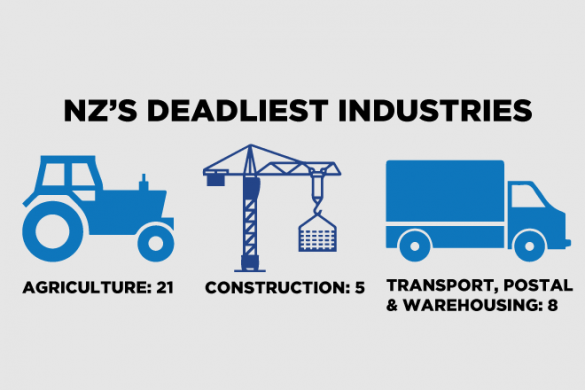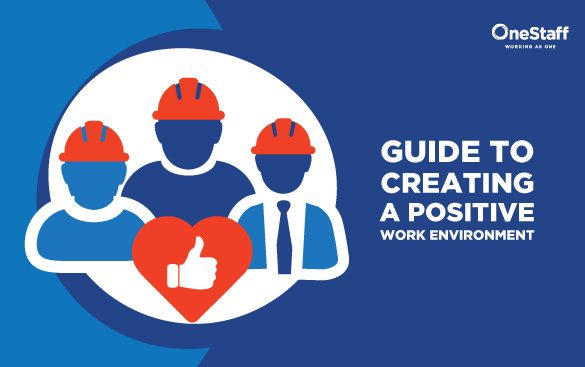In another blog, we discussed how managers can improve their relationships with their best employees to encourage them to stay put, which you can read here. However, the workforce is changing and today, a ‘modern career’ often involves short tenures with multiple employers. So, in some cases your best people will inevitably move on, but how you approach their departures can have huge ramifications for you and your business.
A key element to your company’s success is its ability to attract, hire and retain talented people. Depending on your reaction to employees’ resignations, you could either severely damage or strengthen that ability. Whether in person or online, people talk and if someone has a bad experience when leaving your business, other people will find out about it. On the other hand, a positive experience could encourage ex-employees to continue advocating your company and even refer people to you, long after they’ve left. To help you ensure the latter happens, read on for our guide on what to do when your employees decide to leave.
Taking It Personally
One of the worst things you could do as a manager is to take someone’s resignation personally. The conversation your employee must have with you to resign is already nerve-wracking enough, so don’t allow your feelings to dictate your reaction, such as becoming immediately defensive. At the same time, if they don’t tell you why they’re leaving straight away then don’t make assumptions. Our advice would be to either politely ask them during your conversation or, if you hold one, wait until your exit interview.
Not Showing Them Compassion
In most cases, you will likely be naturally disappointed to learn of an employee’s intention to leave, however there might be times where you could be quietly relieved. Either way, how you choose to express your thoughts could have a very real impact on how the departing person judges you and your business. The best way to avoid damaging your relationship is to always show your employee compassion regardless of whether you’re disappointed or relieved. At the same time, allow your team to say their goodbyes appropriately, whether it’s over a few drinks or a site breakfast shout.
Telling Everyone Else Without Asking Them First
Not everyone likes being under the spotlight and announcing someone’s departure can certainly draw a lot of attention. So, it’s always best to ask your employee how they would like the rest of their team to be informed about their departure. Some people might not mind having it announced at the next toolbox talk or team huddle, whilst others might prefer having the chance to talk to people themselves, before the news breaks.
Jumping to a Counter-offer
If a highly-valuable member of your team resigns, it might be tempting to immediately provide a counter-offer to try and entice them to stay. However, counter-offers seldom work because they can end up causing larger issues later down the line and a few key points should be considered first, before a counter-offer is given. We’ve covered this topic in detail before so if you’d like to find out more on this, click here.
Treating Your Temporary Employees Differently
Whether a permanent employee of five years or a temporary worker of six weeks decides to leave, everyone deserves the same amount of compassion and respect in your response. Although, any one of your employees could return to your business, it is far more likely that your temporary workers will do so. That means that it will payoff to keep the door open by ending all relationships with permanent and temporary ex-employees on great terms.
Summary
Whilst it’s important to retain your employees, you won’t be able to prevent everyone from leaving. However, ensuring that everyone leaves your business on good terms can come with several crucial benefits. These include enhancing your company’s ability to attract, hire and retain great talent by highlighting your business as an employer of choice, and encouraging your alumni to advocate your business long after leaving.
If you’re currently faced with an employee’s resignation and would like to discuss how we can help you find great people to fill any gaps left behind, get in touch today. Otherwise, check out our blog for more great recruitment and management advice.










